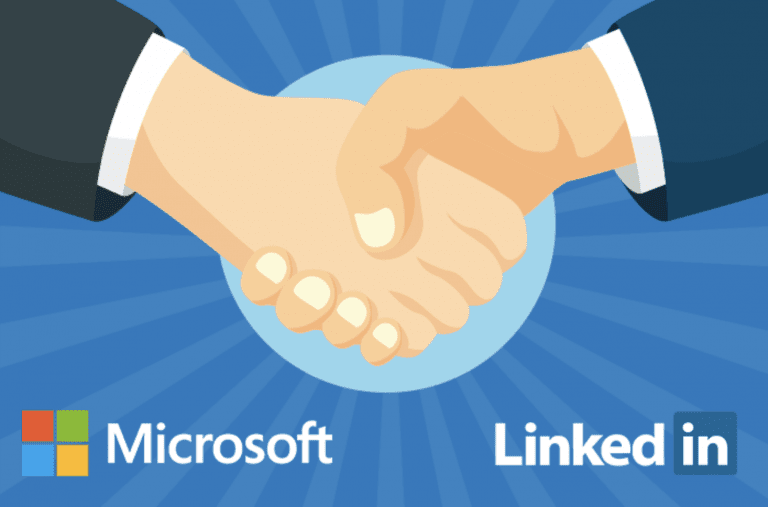Redsquid Picks Monthly Mobile Round-Up: June 2016
We cover the biggest mobile and telecoms stories from the last month.

Google to Start Building it’s Own Mobiles?
The rumours surrounding the possibility of Google making its own mobiles were seemingly confirmed last month. Google have been developing software and apps for mobiles for some time, but have yet to step into the handset game. That looks to be changing later on this year, when it’s suggested we’ll see the release of the first Google built mobile. Rumours were first circulated after Google hired former president of Motorola; Rick Osterloh, earlier this year, to help lead their new hardware division.
These rumours were further strengthened by the company’s chief executive; Sundar Pichai’s comments last month, suggesting that Google were “investing more effort” into mobiles. Despite Google’s new-found handset ambitions, with their new augmented reality Tango mobiles coming, and with specs of the new Nexus mobile floating around, it doesn’t look like they’ll be dropping support on third-party mobiles anytime soon.
Apple Unveil iOS 10 and More at WWDC
Apple held their annual World Wide Developer’s Conference in San Francisco last month. Over the dates June 13th to 17th, the company showed what Apple’s dedicated fan-base could expect over the coming months. Perhaps the conference’s biggest announcement was the release of iOS 10, which would be available to all new and current customers this autumn.
It looks like there’s going to be some big changes; Siri will now able to work with third-party apps and developers, geographically organised photos are making a come-back and ‘Advanced Computer Learning’ will allow faces to be recognised and sorted. Apple’s ‘phone’ app will now be able to use third-party apps; such as Skype, to call, and OSX (Mac’s operating system) has been rebranded as MacOS; and will feature Siri and cloud integration across multiple devices. Much to the audiences’ surprise, Apple didn’t announce a new mobile; diverting from the standard ‘reveal at WWDC, release in Autumn’ practice.
Microsoft Buys Linkedin for £18 Billion
Microsoft bought social media company Linkedin, for £18 billion last month. The news was announced by Linkedin’s CEO; Jeff Weiner, in an email sent to his staff, which went public shortly after. The company seem to be planning on integrating Linkedin with their current popular software; such as Office 365, Skype/Skype for Business and Cortana, with suggestions of sharing documents from your desktop to Linkedin. Microsoft’s Satya Nadella hinted at taking full advantage of Linkedin’s networking potential, by commenting on a need for a “connected professional world”.
It’s even been rumoured that Linkedin will be able to use member’s saved Office 365 projects to suggest related people or groups, who could help users with those projects. Despite its current 433 million users, Linkedin is unlikely to become a contender to Facebook or Twitter, as its target audience and market is an entirely different kettle of fish. However, Jeff Weiner, who will continue to remain CEO of Linkedin, has high hopes for the partnership, which is expected to be completed by the end of this year.
OnePlus Releases to Rave Reviews
Chinese mobile makers OnePlus, released their newest handset to seemingly universal praise last month. The OnePlus3 has been described as the ‘flagship killer’ the company’s been looking for, ever since it started selling hardware back in 2013. First shown-off at their exclusive VR event on the 14th, the OnePlus3 is priced at £309; making it one of the cheapest high-end mobiles currently available.
The OnePlus3 has a 5.5inch screen made from Gorilla Glass 4, with a curved design, 6 GB of Ram, a 16 MP camera, fingerprint scanner and Duel-Sim capacity. The Mobile has been praised by sites such as TechRadar, for providing such good specs for a comparatively low price, with its only weaknesses seeming to be its lack of storage options (it comes with 64 GB storage and no Micro SD slot) and average camera. Demand for the mobile has been so high, that OnePlus have been struggling to keep up with orders. This demand may begin to diminish however, as OnePlus have recently revealed that Britain’s departure from the EU may likely lead to the OnePlus3’s attractively low price going up.
Britain Votes to Leave EU, Businesses Remain Uncertain
Last month ended with quite a spectacular bang, as Britain voted to leave the EU by a hairpin majority. The world’s economy watched in surprise as the country decided to leave a group they had been a member of since 1973. The reaction to the decision was nothing less than dramatic, as stock markets and shares initially plummeted and the pound’s worth fell substantially. Since then, shares have evened out once again and the pound looks to be gradually making its way back up to recovery, but uncertainty surrounding the future of the world’s economic future continues to worry businesses.
Until article 50 is put into action, Britain is still technically part of the EU, with the conservative party looking to wait until a new leader is elected before taking that step. Negotiations between Britain and the EU will start when the article is put forward, and will likely take place over the next two years. It’s quite possible that events will win out in Britain’s favour, with many businesses being able to avoid restrictive EU trading laws and bureaucratic red tape. But many are suggesting that the EU will likely place tariffs upon products moving between Britain and the EU, as well as impose restrictions upon travelling.
Want to share it with your friends?
